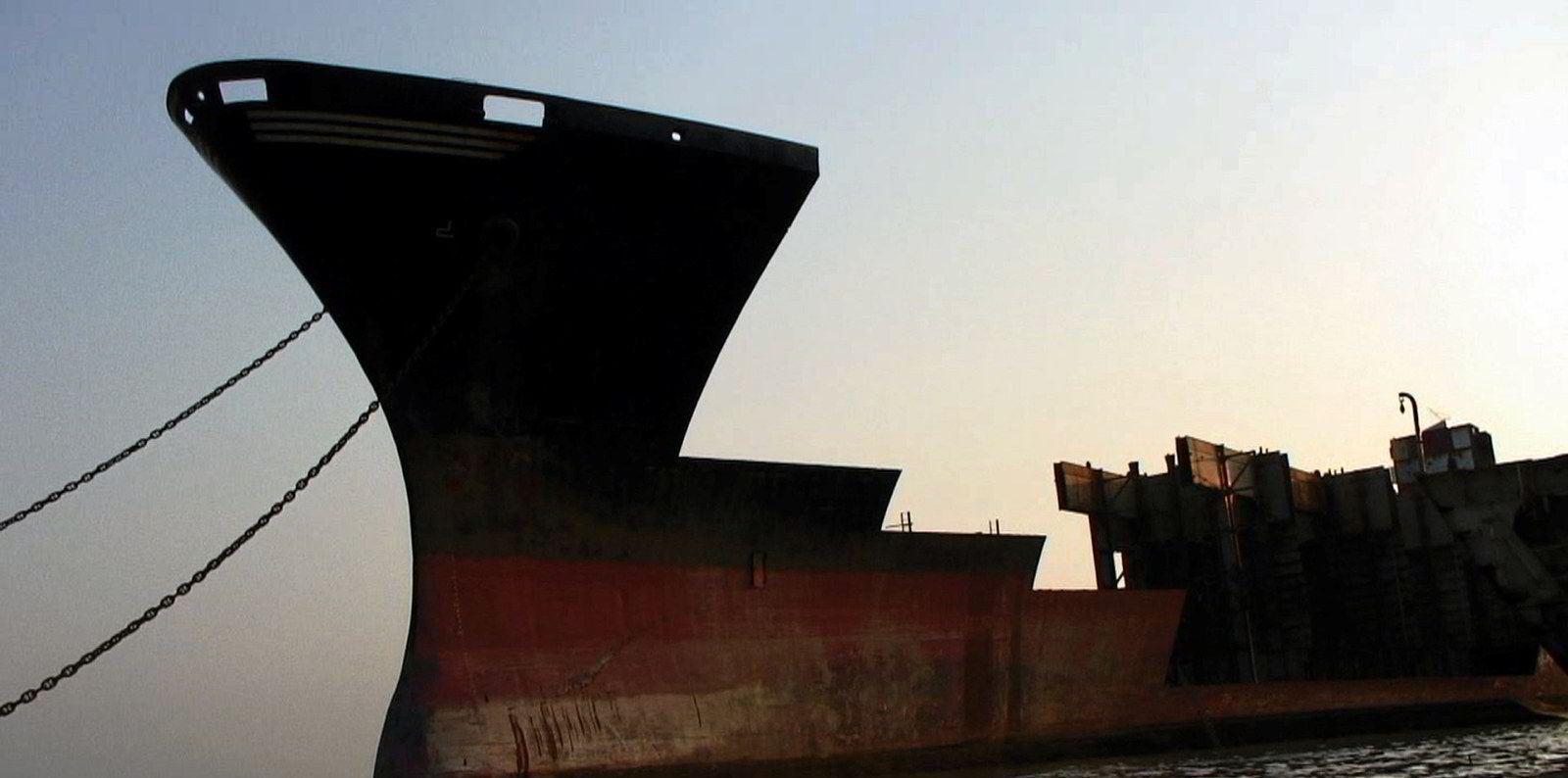When crude tankers finally catch up to their product-carrying brethren, the turnaround will come quickly, DHT Holdings chief executive Svein Moxnes Harfjeld says.
Rates for ships in both sectors rallied following Russia’s invasion of Ukraine. But product tanker earnings have only got stronger — with charterers willing to pay six-figures for an MR and seeking three-year fixtures to lock in tonnage — as crude tankers have faltered.
“You cannot have a dislocation where product tankers on average are earning $50,000 per day and the crude market is [weak],” Harfjeld said during a panel on crude tankers at Marine Money Week in New York on Wednesday.
He said normally crude tanker markets are at their darkest before dawn and that the improvement will come quickly.
“This is the time [crude tankers will start improving]. Oil inventories have not been so low for seven, eight years. Something is going to give,” he said.
“I have a hard time trying to analyse why the product tankers should give. There will be more feedstock moved to the refiners.”
It was predicted through the thick of the Covid-19 pandemic that product tankers would outpace crude tankers, as refineries in developed economies closed, requiring cargoes such as diesel and jet fuel to be moved longer distances.
Both sectors were expected to benefit from a low orderbook and rising oil demand.
But so far the fundamentals have not yet lifted crude tankers.
While product tanker owners earlier in the day trumpeted $100,000-per-day fixtures and a far stronger negotiating position against charterers, crude tanker rates weakened.
The Baltic Exchange assessed suezmaxes’ average time charter equivalent rates at $21,466 per day on Wednesday, while the average aframax TCE rate was $22,878 per day.
Both assessments were higher than they were through 2021 and were last seen when rates began to cool in the spring of 2020 following a spike in rates earlier in the year due to an oil price collapse.
VLCCs remained well into the red on Wednesday, with average TCEs standing at -$31,681 per day, according to Baltic Exchange data.
Harfjeld believes product tanker rates will stay strong, echoing the sentiments of product tanker owners earlier in the day.
“I think this is the best cue,” he said. “If you really see what’s going on in products, and I think it’s all credible analysis behind it, I think crude will move next.”






